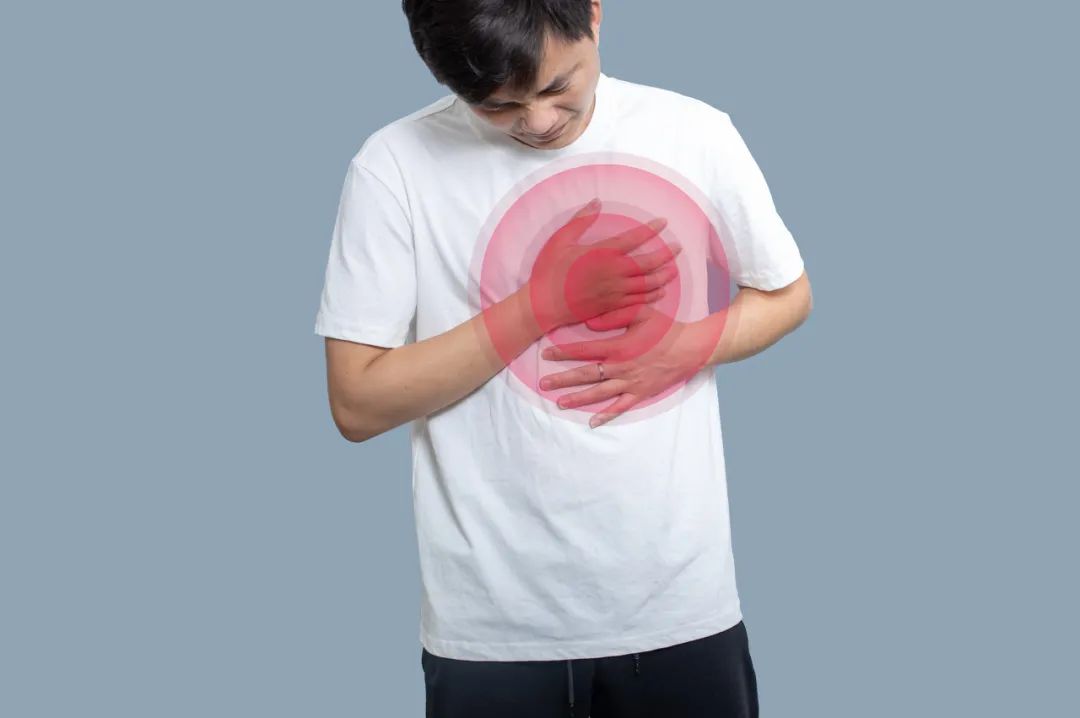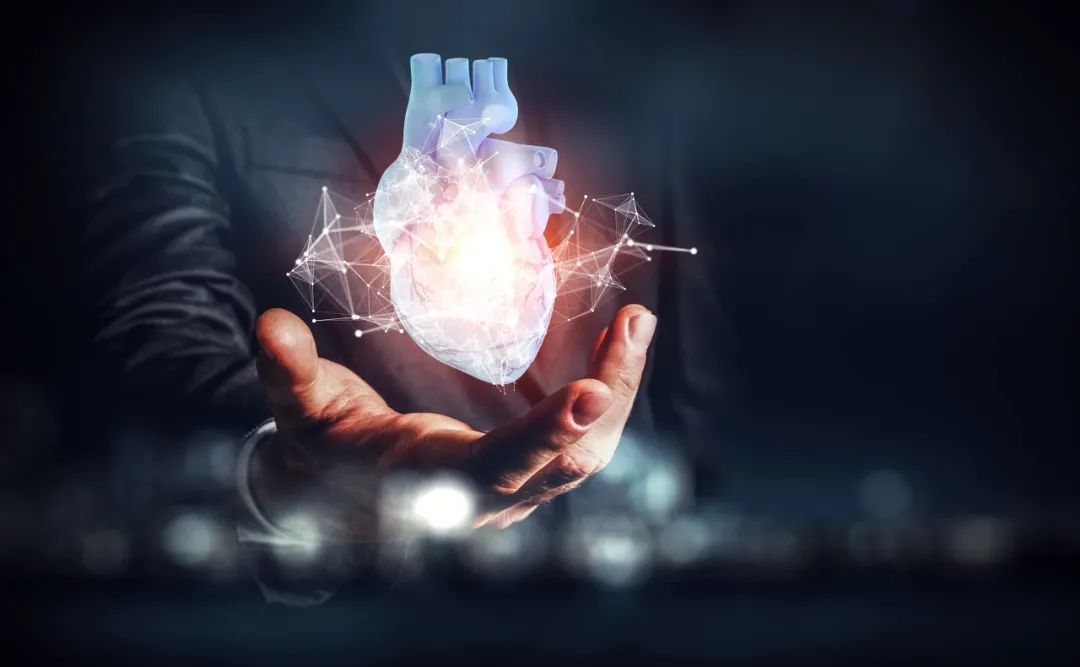Emergency doctor reminds: Before sudden death, the body will send out three important distress signals.
The phenomenon of sudden death has existed in human society since ancient times, and it is not a new concept in recent years. However, with the increase of social pressure and the acceleration of work rhythm, the incidence of sudden death is increasing year by year.

At the same time, the popularity of the Internet also makes us hear the news about sudden death more frequently.
What is sudden death?
The word "sudden death", as its name implies, refers to sudden and unexpected death.
Regarding the specific definition of "sudden", there are differences among professional institutions, and it is generally believed that this time period is between 1 hour and 48 hours. Take the World Health Organization (WHO) as an example, its definition of sudden death is: from symptoms to death, this process is completed within 24 hours.
Sudden death is an irreversible result, which means the end of life and cannot be redeemed. To effectively deal with sudden death, we need to understand the reasons behind it.
Life goes on because the heart keeps beating. Therefore, when the heart can’t beat effectively and can’t provide enough blood for important organs of the body, if the heart can’t beat effectively in time, sudden death may come.
According to the statistics of developed countries, about 90% cases of sudden death are cardiogenic. Of course, in addition, a small number of sudden deaths are caused by brain-derived, lung-derived, abdominal-derived, endocrine-derived and other factors.
What is the pathogenesis of sudden cardiac death?
To further subdivide sudden cardiac death, we can divide it into two categories: "coronary" and "non-coronary".
In the case of sudden cardiac death, coronary sudden death accounts for 56.78%~80%, and this phenomenon is more obvious in middle-aged and elderly people, and the main culprit behind it is coronary heart disease.
For those patients with a history of coronary heart disease, the risk of sudden death is four times that of ordinary people. In-depth exploration, we will find that 3/4 of sudden cardiac death is inextricably linked with coronary heart disease.
The formation of coronary heart disease is closely related to a series of bad health conditions and living habits such as obesity, smoking and three highs.
In particular, some patients’ symptoms of coronary heart disease are not obvious and are often mistaken for slight physical discomfort, but this invisible threat will greatly increase the risk of sudden death.
Although people over the age of 40 are the high-risk group of coronary heart disease, in recent years, the younger trend of this disease has become more and more obvious, and even young patients aged 25 have been reported to have coronary heart disease.
Taking snacks as dinner, drinks instead of water, lack of exercise, staying up late, endless consumption of the body, but never having a physical examination … Such a lifestyle may be quietly causing your coronary artery to fall into a crisis of blockage.

Before sudden death, the body will send out three important distress signals!
Before the critical moment of cardiac arrest comes, are there really symptoms that can be alarmed?
In fact, about 50% patients did not show any obvious symptoms before cardiac arrest. For the other half of cardiac arrest patients, they may experience some specific physical reactions or symptoms during the period from a few days to several hours before the sudden death. Although these signs are not absolute, they deserve our attention and vigilance.
Signal 1: Persistent chest pain or discomfort.
Chest pain is one of the most common symptoms of heart disease and an important warning signal before sudden death. This kind of chest pain may manifest as a feeling of oppression, tightness or dullness, and sometimes it may radiate to the left arm, neck, chin or back.
Persistent chest pain indicates that there may be coronary artery obstruction, leading to myocardial ischemia. At this time, all activities should be stopped immediately, and emergency calls should be made to strive for golden treatment time. Remember, time is life, and every minute of delay may increase irreversible damage.
Signal 2: Extreme fatigue and dyspnea
Extreme fatigue and unexplained dyspnea are also common signs before sudden death. If you feel extremely tired recently, even if you have enough rest, you can’t relieve it. At the same time, accompanied by slight physical activity, you will have difficulty breathing, which may be caused by the decline of heart function and the inability of your body to obtain oxygen effectively.
Extreme fatigue and breathing difficulties are the body telling you that the heart may be under heavy burden and unable to pump blood effectively. In this case, medical help should be sought immediately and relevant examinations should be carried out in order to detect and intervene potential heart problems at an early stage.

Signal 3: Arrhythmia and syncope
Arrhythmia, that is, the heartbeat is too fast, too slow or irregular, is also an important signal before sudden death. If you often feel flustered, palpitations, or sudden syncope, this may be an abnormal performance of cardiac electrical activity, which needs great attention.
Arrhythmia may cause the heart to fail to pump blood effectively, and in severe cases, it may cause syncope or even sudden death. If you or someone around you has symptoms of arrhythmia, you should immediately stop any activity and take a sitting or lying position to avoid falling. At the same time, you should see a doctor as soon as possible and have an ECG check for accurate diagnosis and treatment.
Although sudden death is threatening, not all of them are untraceable. Understanding and recognizing the distress signal of the body is the key to prevent sudden death. It is strongly recommended that once any one or more of the above symptoms appear, do not hesitate to seek medical treatment immediately.
Original title: "Emergency doctors remind: Before sudden death, the body will send out three important distress signals! 》
Read the original text